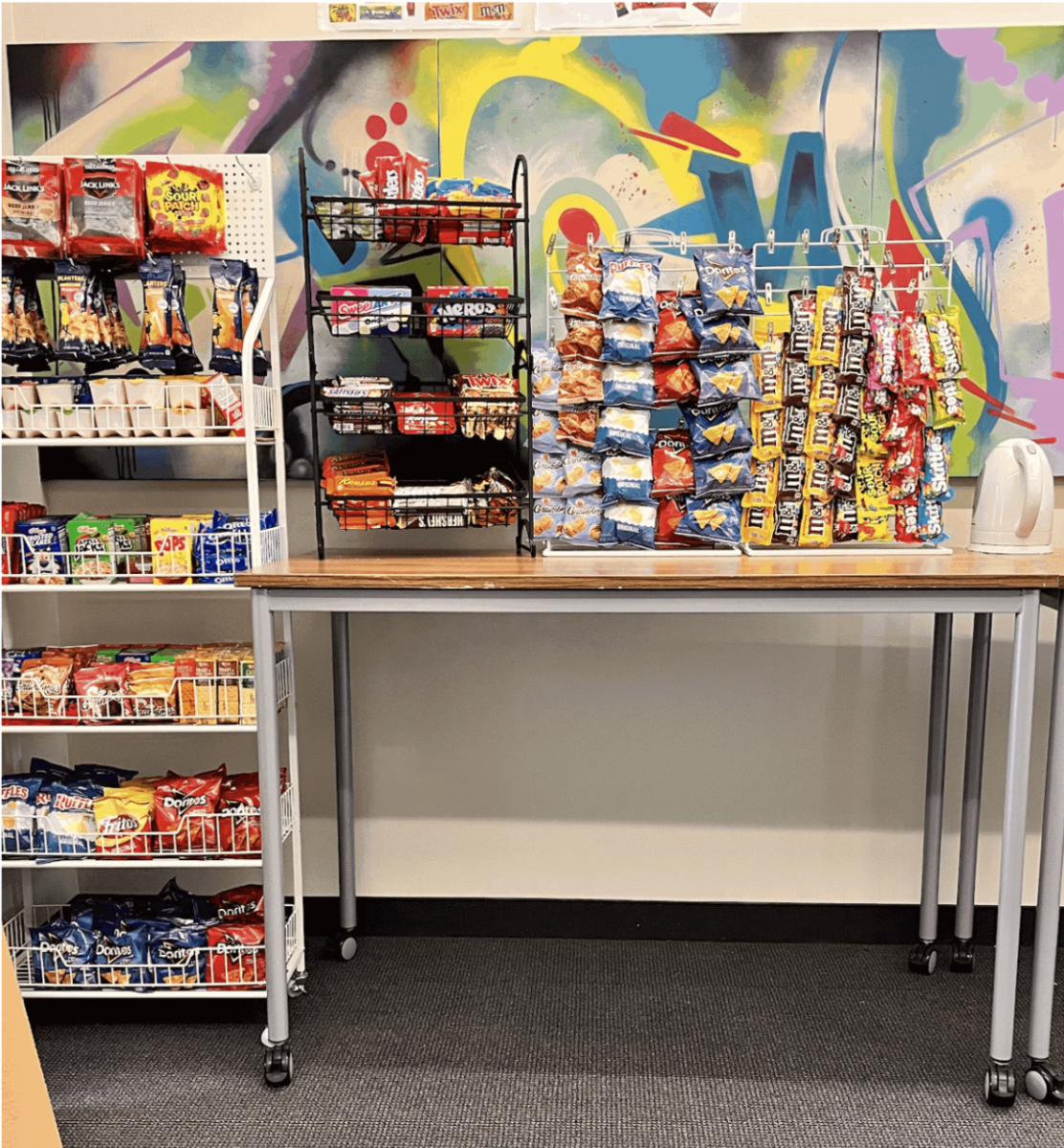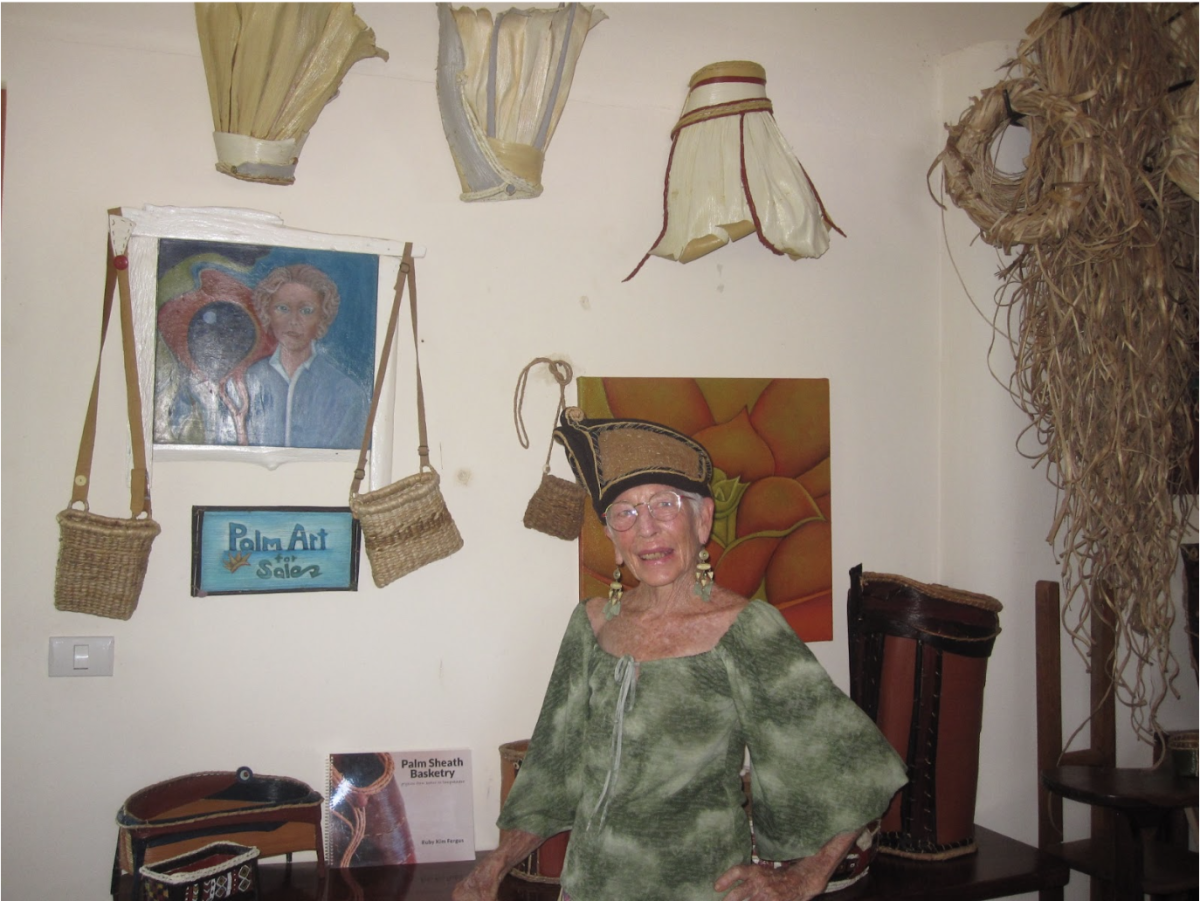Jovel Quierolo
Managing editor
Professional hockey players skate with a constant fear of losing their edge and their contracts. Every year the tough guys are asked to stay on their teams, get traded or get cut. Walking to HP Pavilion with my dad for a game, I was curious as to where my favorite Sharks players landed between seasons.
“Well, Mike Grier and Jonathan Cheechoo both got traded for some pretty good goal-scorers,” my dad admitted.
“Wait, so they got rid of the black guy and the Native-American?” I asked about the now all-white team. I couldn’t believe what had just come out of my mouth. It just rolled off my tongue.
“But hey,” he said, “when it comes to winning the Stanley Cup, none of that stuff matters.”
When coaches pick athletes, affirmative action doesn’t exist.
So if in the world of sports, the best of the best athletes are chosen for elite competition, then brightest of the bright in the world of academics shouldn’t have to fear a color disadvantage. But college applications still have that little row of boxes you check off for race. Representatives boast about their campus diversity.
When it comes to the greatest minds in the world, skin color doesn’t really matter. Everybody’s brain is the same color. Students should be selected for what’s inside their skulls.
Affirmative action isn’t what is used to be. But there are still lots of arguments floating around for discrimination, reverse discrimination and diversity representing versatility of backgrounds.
If only academic achievement were as easily measured as athletic genius.
Maybe it is. Coaches pick players for the sake of strategy the same way academic institutions pick students to fill in different niches of their communities.
But professional athletes worry less about the color of their skin when looking back at their seasons. They think about how well they performed as athletes.
I miss Grier and Cheechoo, but not because they looked different. Both excellent players were traded, but they seem to be doing well with their new teams. They play for the National Hockey League because they rock at what they do.
So as the college application season grows closer, I hope my college picks me for the student I am. Being black or Latina should not increase chances of getting into college. Sometimes, my family jokes around.
“Hey, your name sounds Hispanic. Maybe you should just check that box ’cause it’ll help you get into college.”
I’m going to fill in the European-Caucasian box and the Asian box. I’m going to be honest. But I wish those boxes didn’t matter. I want my college to accept me for the student that I am.
And when academics come into play with colleges whose acceptance rates are lower than 20 percent, I want to be accepted because those colleges see that I am fit to play at their level.
Regardless of diversity or unique character traits, at the end of four college years at a top institution it’s about whether or not a mind was ready to think on the highest level of scholarship with the greatest brains in the world.














